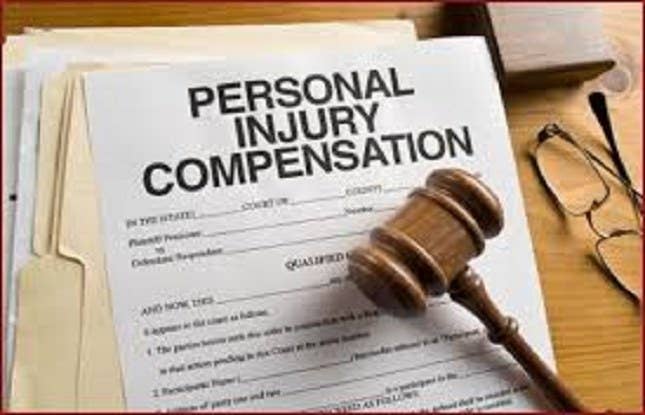
Whether you've been wrongfully injured by someone or you inadvertently injured someone else, a lawsuit isn't an enjoyable experience. It can be physically, emotionally and financially draining. Lawsuits also can take a long time to conclude.
With all the stress that goes into a personal injury case, you shouldn't just hire any lawyer. Choosing a lawyer to represent you in your personal injury case is a big decision that requires substantial research.
See Who's Out There
First, do some online research on the lawyers who are in the city where the injury took place. Other than location, look for lawyers who have a specialized field of practice that most closely resembles your personal injury case. In this case, you'll look for personal injury lawyers.
Personal injury attorneys will have trial experience, negotiation experience, a deep understanding of negligence law as well as a thorough understanding of medical diagnosis's.
What Makes a Good Medical Lawyer
After you find a list of personal injury lawyers in your city, make a list of what would make your ideal lawyer. Some things you may want to note include:
· Area of Specialty
· Reputation
· Years of Experience
· Trial Experience
· Trial Record
Armed with an idea of how many personal injury lawyers are in your city and your checklist of lawyer must haves, you're almost ready for more research. Before you start with further research, ask for recommendations from family, friends and coworkers. This can help lessen the workload for your upcoming research by shortening the list of candidates to choose from.
Referrals
Ask for personal referrals. Once you have a checklist of what makes a good personal injury lawyer, you will want to ask friends, family, neighbors, and coworkers if they know any good attorneys. You should start the process by looking for personal referrals because these are the attorneys who usually have the best reputations and are trustworthy.
You should not simply take a personal referral and immediately hire them. Go through the rest of the process and do more research on the referrals you do get.
Begin researching lawyers. Start with a Google search of the recommendations you received and then expand the search to more lawyers you noted are practicing in your city.
When researching, try to use as many and as specific as possible keywords. Typing in _____ personal injury attorney in (city) will retrieve more accurate results than "lawyer in New York City."
It is a good idea to thoroughly examine each lawyer's website. You'll get an idea of what their practice areas are. You can also read about the lawyer's background and level of expertise on their about page.
If you don't want to do a Google search, there are many online lawyer directories and databases available. Lawyers.com, find law, and nolo are great places to find high-quality lawyers near you.
If you come up with additional questions, it doesn't hurt to call the law office and speak to a lawyer directly. You can also call your state's bar association. For a directory of qualified lawyers in your area.
After thorough research, you should have a short list of lawyers left. Set up in-person meetings with each of them.
Set Up Meetings
Before your meetings with the lawyers, come up with questions to ask. If you don't know which ones to ask, here are some suggestions:
· What are your areas of specialization?
· Have you taken on cases like mine before? How many? What were their outcomes?
· Are you the only attorney that would be working on my case? If not, who else will be working with you?
· How long do you expect this case to take before it is resolved?
· What is your fee structure? Will you take my case on a contingent fee basis? If so, what is your percentage? If not, what is your hourly rate?
· How will you keep me informed of my case's progress?
· How often do you go to trial in similar cases?
· Have you ever been disciplined, suspended, or disbarred by any ethics committee or state bar association?
· Does your law firm carry insurance?
· Will you follow my wishes as to how I want the case to proceed?
· How confident are you in my case? Do you think I have a good case?
After writing down your questions, gather all the documentation and papers related to your case. You'll want to take these to your meetings. These can include:
· Medical documents, including bills, diagnoses, and test results.
· Arrest records, issued citations, and toxicology reports.
· Professional opinions from experts in fields such as crash site reconstruction.
· Pictures you or someone else took of anything from the scene of the accident.
· Written statements of anyone that witnessed anything at the scene.
After you've met with each lawyer, be sure to follow-up with them. You can ask additional questions that you may have come up with.
After your research and meeting with each lawyer, you're ready to make your decision

